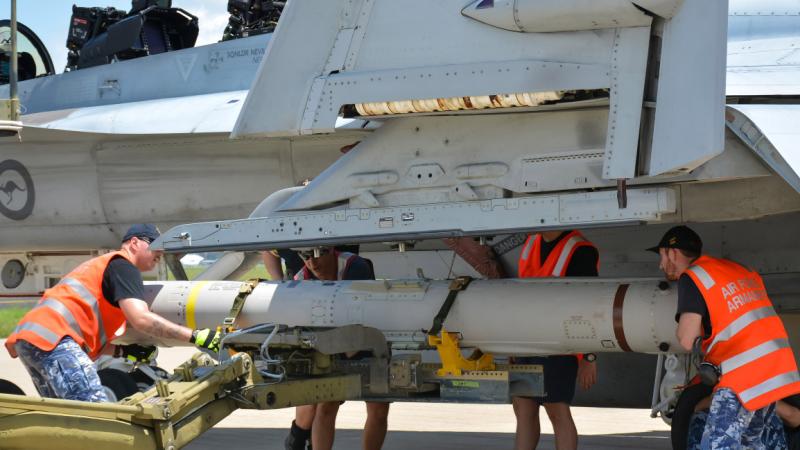While the importance of translating evidence into policies and practices is widely acknowledged by evidence producers, intermediaries, users, and funders, there is much less agreement on suitable mechanisms for promoting effective evidence use. As a response, the World Health Organization (WHO) has initiated an extensive and inclusive research priority-setting exercise in Knowledge Translation (KT) and Evidence-informed Policy-making (EIP) through a series of technical consultations.
This priority-setting initiative, coordinated by the Evidence to Policy and Impact Unit in WHO’s Science Division, involves national and international researchers, practitioners, and organizations across all WHO regions. Collectively, they will assess the evidence base for effective research utilization in decision-making. The overarching goal of this project is to maximize the impact of KT and EIP research to promote the translation of evidence into effective policies that enhance population health and well-being. Key objectives include:
- Efficiency and Synergy: Streamlining research efforts in KT and EIP.
- Strategic Funding: Directing research funding toward identified priority areas.
- Effective Approaches: Enhancing understanding of evidence use for policy-making.
- Collaboration: Promoting cross-sectoral collaboration in KT and EIP research.
- Awareness: Championing for evidence-informed policy-making at all levels.
In the months leading up to the technical consultations, an evidence map on the art and science of using evidence was developed, previous knowledge translation agenda-setting exercises were reviewed, and an online survey was conducted to gather insights from researchers and practitioners about gaps in KT and EIP research.
In the first half of the 2024, global experts – selected during an open call – are now actively participating in a series of consultations to identify gaps and opportunities in KT and EIP research. The consultations provide a pivotal opportunity for participants to discuss current research gaps, harmonize terminology and chart a course toward shared priorities.
The first consultation taking place on 26 March 2024 will focus on:
- Introducing the conceptual framework for the research agenda-setting process.
- Discussing research areas, knowledge gaps, and opportunities for future KT and EIP research based on the suggested areas identified in the online survey and literature reviews.
- Identifying research areas not previously documented or articulated in the review or survey results.
- Initiating discussions on priority areas for future research in KT and EIP.
The series of consultations will be combined with several Delphi survey rounds, during which experts will rank the identified research areas based on pre-specified criteria that will allow to establish an ordered list of research priorities. Ultimately, the defined research priorities will outline the KT/EIP field’s needs, highlight major research gaps, funding requirements, and collaboration opportunities, and represent a critical milestone towards the effective translation of evidence into policy.








